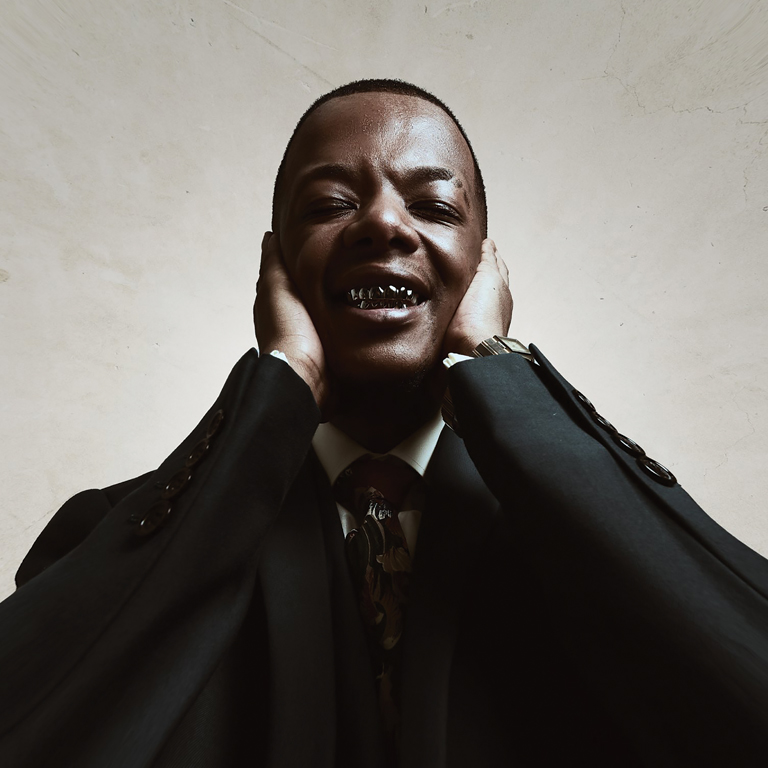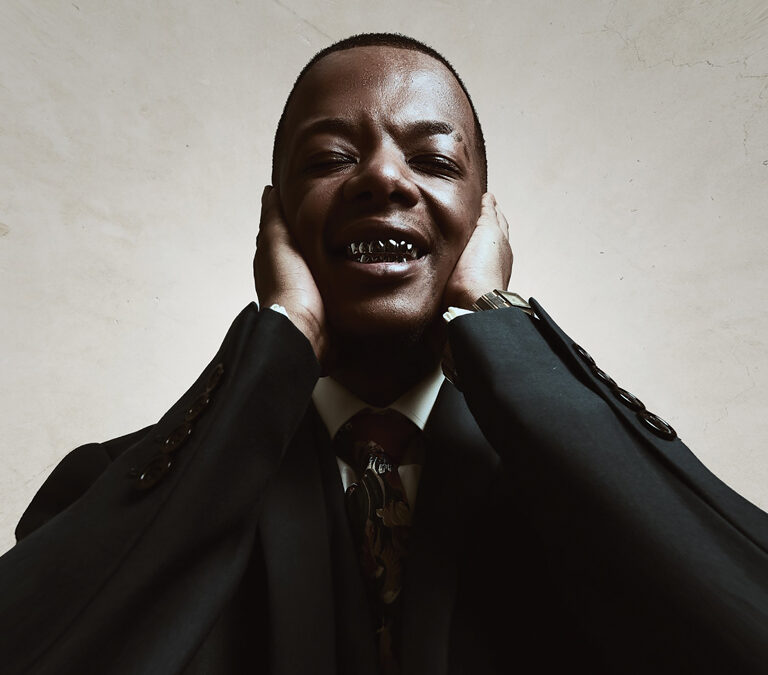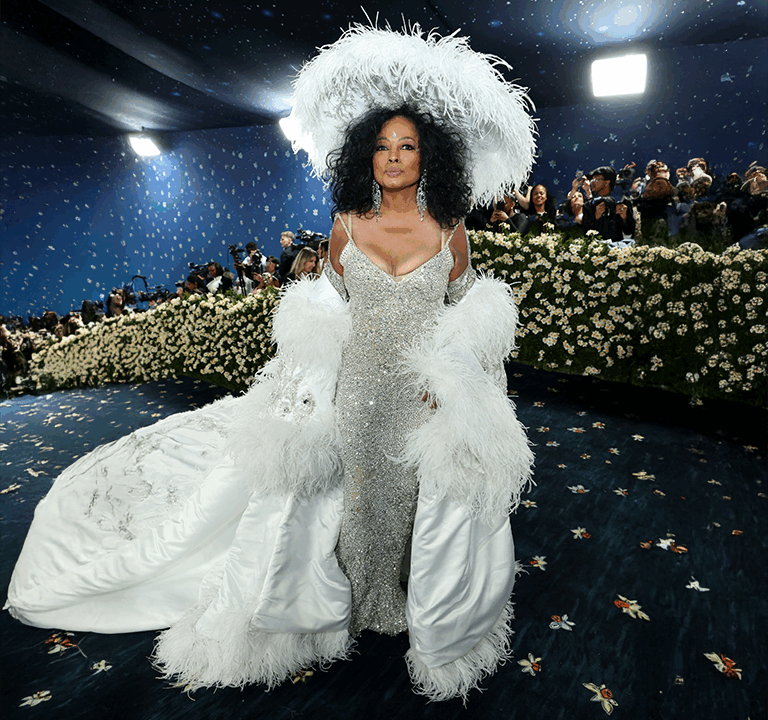
Get Nomayini The Mentality You Need Before Starting Any Business
27 October 2024
Review: NH Collection Hotel Dubai – A Blend of Comfort and Luxury
27 October 2024In South Africa’s ever-evolving hip-hop landscape, few voices have resonated as authentically and as powerfully as Maglera Doe Boy. Born Tshireletso Selonyane in the township of Kanana, Maglera Doe Boy has crafted a musical identity rooted in the raw realities of township life. His rise in the industry marks the arrival of a new generation of artists who are redefining the sound of South African hip-hop, blending personal storytelling with socially conscious themes.
At the core of his music is an unwavering dedication to telling the stories of the underprivileged and marginalized, particularly those living in South Africa’s often overlooked townships. Maglera Doe Boy’s unique style, blending Kasi (township) culture, Tswana language, and global hip-hop influences, has earned him a loyal following and established him as one of the most important voices in modern South African music.

The Beginnings: Life in Kanana
Maglera Doe Boy’s music is deeply tied to his upbringing in Kanana, a mining township near Klerksdorp in the North West province of South Africa. Growing up in a place where opportunities were scarce, and crime and poverty were everyday realities, Maglera was exposed to the hardships that define township life. These experiences became the foundation for his music.
In interviews, Maglera has often spoken about how the environment in Kanana shaped him—not only as an individual but also as an artist. The struggles he witnessed, the people he met, and the culture that surrounded him all play a significant role in his storytelling. His songs are vivid depictions of township life, and they carry the weight of someone who has lived through what he raps about. In a genre that places a premium on authenticity, Maglera Doe Boy is as real as it gets.
Maglera’s connection to his hometown is so strong that he chose to honor it in his stage name—“Maglera” is slang for Klerksdorp, a town that has produced other notable figures in South African hip-hop. His name is not just a nod to his roots but a declaration of where he comes from and the experiences that shaped him.
The Road to Recognition
Maglera’s path to becoming one of South Africa’s most celebrated rappers was not easy. His early music, which gained traction in local circles, was reflective of the struggles of a young man trying to escape the harsh realities of township life. His breakout moment came with collaborations with prominent South African rappers, including Khuli Chana, another influential figure from North West. Khuli Chana’s mentorship helped to amplify Maglera’s voice and provide a platform for his unique storytelling style.
One of Maglera Doe Boy’s most significant early appearances was on Khuli Chana’s track *Basadi*, where his verse stood out for its sharp lyricism and poignant social commentary. This feature introduced him to a broader audience and showcased his ability to deliver powerful verses with emotional depth. It was clear from this early stage that Maglera had the potential to become a major force in South African hip-hop.
However, it was his debut album *Diaspora* in 2022 that truly marked Maglera’s arrival as a heavyweight in the industry. The album was a deeply personal project that saw him grappling with themes of displacement, identity, and the struggle for economic freedom. *Diaspora* wasn’t just a showcase of Maglera’s rap skills; it was a statement about what it means to be a black South African in a post-apartheid society that still struggles with inequality.
The Themes: Kasi Culture and Social Commentary
What sets Maglera Doe Boy apart from many of his contemporaries is his unflinching dedication to storytelling. His music paints a picture of life in the Kasi, with all its challenges and contradictions. While many rappers focus on material wealth and the pursuit of success, Maglera’s music delves into the complexities of survival in environments where that success seems out of reach.
A key theme in Maglera’s music is the duality of life in the township—the balance between hope and despair, joy and struggle. His lyrics reflect the harsh realities of life in Kanana: the prevalence of gangsterism, the economic disparities, and the fight for dignity in a society that often ignores its most vulnerable citizens. But there is also an undeniable sense of resilience and pride that comes through in his music, as he highlights the perseverance of people who refuse to be defeated by their circumstances.
In songs like *Memoirs*, Maglera reflects on his journey, offering a deeply personal account of his growth as an artist and a man. He also speaks about the friends he has lost along the way, the sacrifices he has had to make, and the lessons he has learned. These reflections give his music an emotional depth that is often missing from mainstream hip-hop, making him a rare artist who can balance street credibility with introspection.
Maglera also frequently incorporates Tswana language and township slang into his lyrics, further grounding his music in the culture of the Kasi. This linguistic blending is one of his most defining features, and it helps him connect with audiences who see themselves in his music. His use of Tswana also serves as a form of cultural preservation, ensuring that the stories of his community are told in their language.
The Sound: A Fusion of Old and New
Musically, Maglera Doe Boy is a master of blending different influences to create a sound that is both nostalgic and forward-thinking. His music is rooted in the traditional sounds of South African hip-hop, but he isn’t afraid to experiment with modern production techniques and global influences. This fusion of old and new has allowed him to appeal to both older hip-hop heads who appreciate the authenticity of his lyrics and younger fans who are drawn to his innovative sound.
Maglera’s production choices often reflect his desire to stay true to his roots while pushing the boundaries of what South African hip-hop can sound like. His beats are often sparse and hard-hitting, allowing his lyrics to take center stage. But he also incorporates elements of jazz, kwaito, and trap, creating a sound that feels uniquely his own.
The Future: A Rising Star with Global Ambitions
As his star continues to rise, Maglera Doe Boy is poised to become one of South Africa’s most important cultural exports. His music speaks to a distinctly South African experience, but its themes of struggle, survival, and resilience are universal. In a global music industry that is increasingly looking to Africa for new sounds and perspectives, Maglera is in a prime position to take his place on the world stage.
He has already begun to attract attention from international audiences, with fans and critics alike praising his storytelling abilities and his commitment to authenticity. With more projects in the pipeline and a growing reputation as one of the country’s best lyricists, Maglera Doe Boy’s journey is far from over. His rise serves as a reminder that South African hip-hop is not only alive and well, but it is also evolving in exciting new directions.
Conclusion: A Voice for the Voiceless
Maglera Doe Boy is more than just a rapper—he is a voice for the voiceless. His music speaks to the experiences of people who are often ignored by society, and it offers a platform for stories that need to be told. Whether he’s rapping about the struggles of township life, the pain of losing friends, or the joy of making it against the odds, Maglera Doe Boy brings an authenticity and emotional depth that sets him apart from his peers.
As he continues to rise, Maglera will undoubtedly remain a key figure in South African hip-hop, using his platform to uplift and inspire. In a genre that often prizes flashiness over substance, Maglera Doe Boy’s commitment to realness makes him a revolutionary artist who is shaping the future of South African music.





